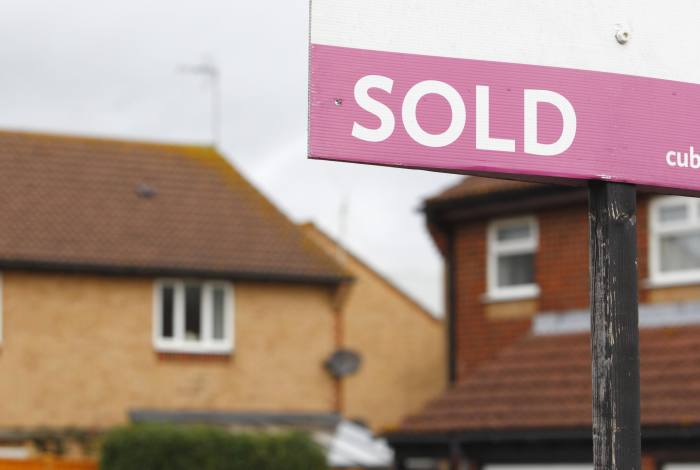
Leasehold has been a recognised tenure in regard to flats with shared spaces for generations. However, developers, particularly in the North East, are now increasingly also selling houses as leasehold.
Recognising the changing landscape, Barclays have recently released further clarification of their position in regard to this aspect and also made changes to their ground rent policy.
The key changes are focused on escalating ground rents; advising that they are acceptable provided the amounts and terms are clearly stated and comply with the following.
When it comes to retail prices index (RPI) linked ground rents, the details are as follows:
- The ground rent is index linked to RPI no more frequently than every five years
- Ground rent up to 0.1 per cent of the current market value is acceptable
- They may accept ground rent up to 0.2 per cent of the current market value subject to review
Where ground rents double:
- It should not double more frequently than every 20 years
- It should not continue to double after 125 years
- Ground rent up to 0.1 per cent of the current market value is acceptable
- They may accept ground rent up to 0.2 per cent of the current market value subject to review
- Property price linked escalations are not acceptable.
In a statement, Barclays said: “There’s been a lot of high profile publicity recently about complex lease terms, the cost to leaseholders and the impact on long-term property values. So we’ve reviewed our lending policies, particularly in relation to ground rent as these can escalate to unacceptably high levels. In doing this we aim to protect both our customers and our long-term security.”
This clear policy from Barclays demonstrates the impact these situations are having in the market and is a matter that will likely continue to rise to the surface as more individual cases are highlighted as unacceptable to lenders.
Many of these unacceptable cases have likely been declined when the matter has been raised by the buyer's solicitor and probably after the mortgage offer has been issued.
Although still regarded as a conveyancer's responsibility to highlight these conditions to a prospective buyer, lenders across the board and indeed mortgage advisers now need to be more aware of the potential implications these clauses can have, and clearer definitions need to be addressed much earlier in the process to ultimately save time and, indeed, money for those it affects.
Carl Shave is a director at Just Mortgage Brokers





